Amid the ruins of Western civilization after World War I, Steiner pointed to the urgency for the renewal of spiritual life as Europe struggled to return to normal. He challenged his listeners to understand the deeper causes – the spiritual roots – of the modern situation. This kind of reexamination is even more pressing today as Europe stands on the threshold of a new destiny and faces the fears arising from terrible new dangers.
These are some of Steiner’s most important statements about the role of the English-speaking peoples in terms of spiritual history.
About the Author
Rudolf Steiner (1861–1925) was born in the small village of Kraljevec, Austro-Hungarian Empire (now in Croatia), where he grew up. As a young man, he lived in Weimar and Berlin, where he became a well-published scientific, literary, and philosophical scholar, known especially for his work with Goethe’s scientific writings. At the beginning of the twentieth century, he began to develop his early philosophical principles into an approach to systematic research into psychological and spiritual phenomena. Formally beginning his spiritual teaching career under the auspices of the Theosophical Society, Steiner came to use the term Anthroposophy (and spiritual science) for his philosophy, spiritual research, and findings. The influence of Steiner’s multifaceted genius has led to innovative and holistic approaches in medicine, various therapies, philosophy, religious renewal, Waldorf education, education for special needs, threefold economics, biodynamic agriculture, Goethean science, architecture, and the arts of drama, speech, and eurythmy. In 1924, Rudolf Steiner founded the General Anthroposophical Society, which today has branches throughout the world. He died in Dornach, Switzerland.

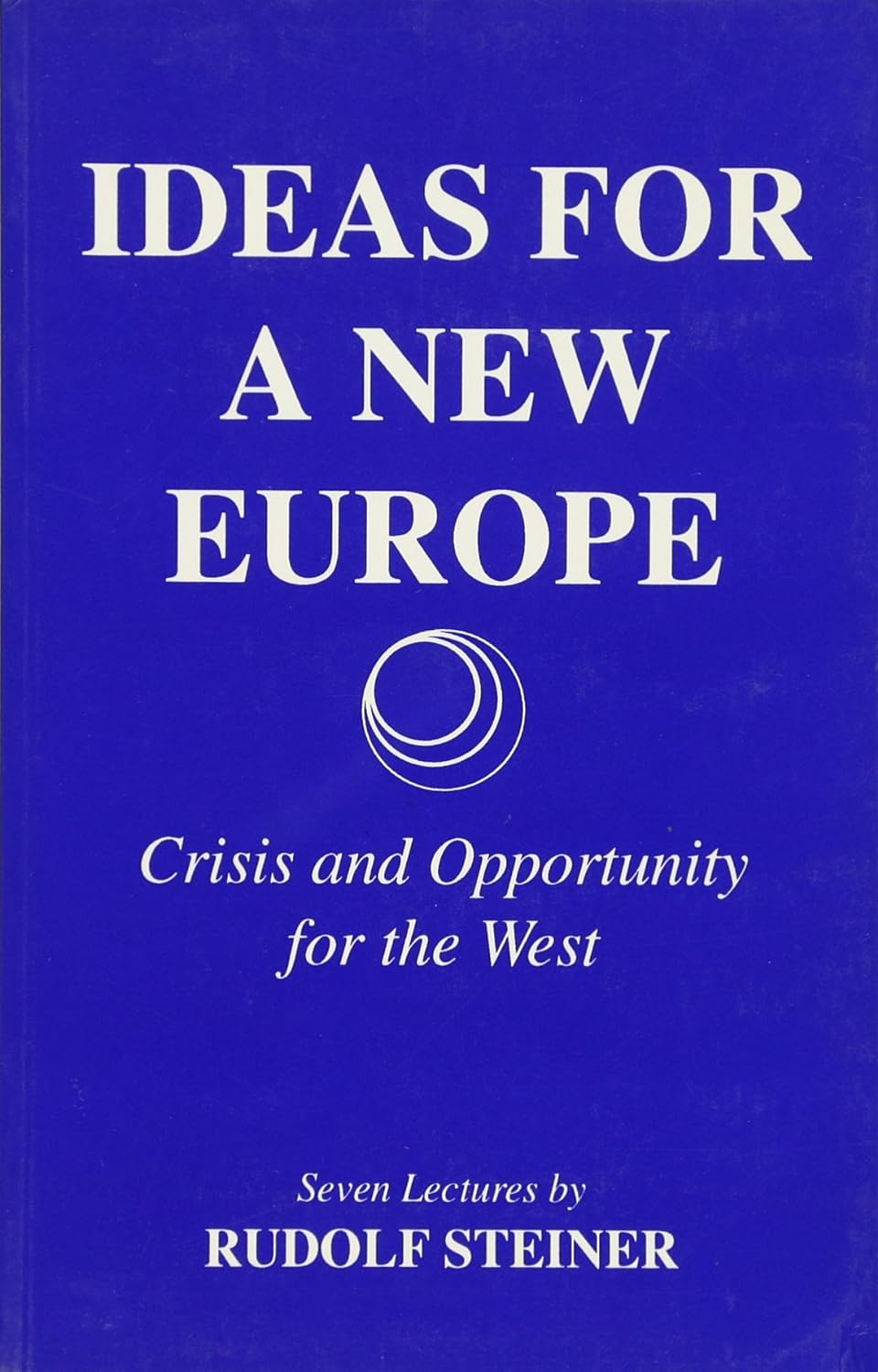

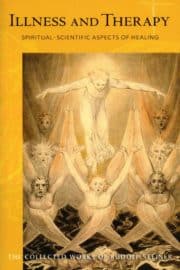
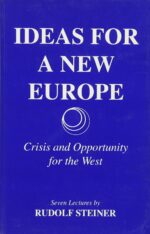

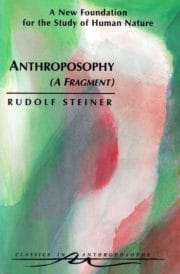
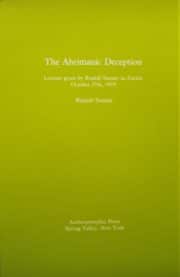

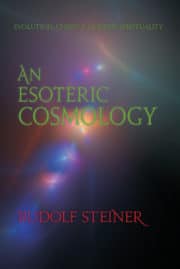
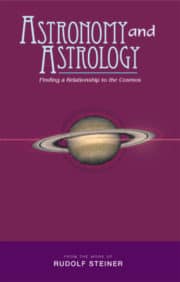
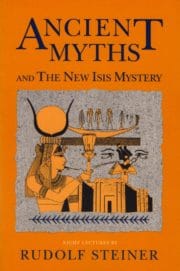

Reviews
There are no reviews yet